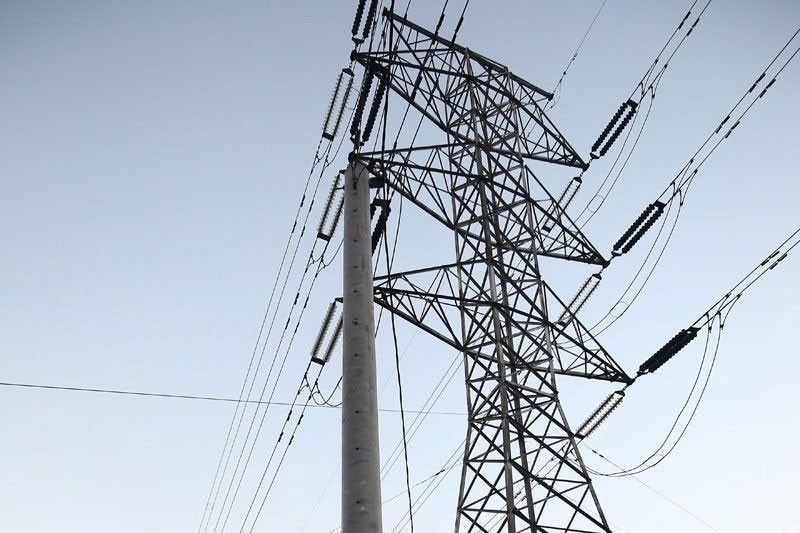ERC lowers threshold for open access

MANILA, Philippines — The Energy Regulatory Commission (ERC) is lowering the threshold for open access, allowing those consuming at least 500 kilowatts (kw) a month to choose their own supplier by Feb. 26, 2021.
In a recent resolution, the ERC said it expanded the coverage of Retail Competition and Open Access (RCOA) pursuant to its mandate under Section 31 of the Electric Power Industry Reform Act (EPIRA) and Rule 12 of its Implementing Rules and Regulations (IRR).
The new resolution will cover end-users with an average monthly peak demand of at least 500 kw for the preceding 12 months, which is Phase III, on a voluntary basis.
This means all qualified end-users can be considered as contestable customers under the Phase III threshold level, or those consuming 500kw to 749 kw a month, and shall be allowed to switch to the Competitive Retail Electricity Market (CREM) starting Feb. 26, 2021.
The ERC said this is aimed to promote competition and ensure the successful restructuring and modernization of the electric power industry.
“The expansion of the RCOA coverage is the embodiment of the EPIRA’s end-goal of achieving competition at the retail or end-user level. Promoting robust and fair competition among the market participants is definitely one of the significant considerations that the ERC is eyeing which can help boost further the country’s economy, especially in the power industry during this trying times,” ERC chairperson and CEO Agnes Devanadera said in a statement.
The ERC said the expansion of the threshold was a result of the commission’s thorough evaluation and study of the readiness of the market, the necessary infrastructure, customer awareness, and the economic impact of the migration of contestable customers towards CREM, in support of the national government’s thrust towards economic recovery.
Devanadera said contestable customers who decided to switch to their preferred electricity supplier enjoyed lower rates than those under distribution utilities (DUs).
“Based on our data as of November, the weighted average price in the CREM for Phase 1 (those consuming one megawatt and up) and Phase 2 (those consuming 750 kw) is P3.63 per kilowatt-hour (kWh), which is lower than the generation charge billed by DUs for the captive market, for the same period, in Luzon and Visayas which ranges from P3.9513 per kwh to P5.0985 per kwh,” the ERC chief said.
“We expect that competition will be stronger and the supply of electricity will become more affordable and reliable as RCOA becomes more popular in the coming years,” Devanadera said.
At present, the RCOA scheme is operational, and shall remain in effect, in the Luzon and Visayas grids.
“Indeed, the RCOA has gained ground and the intent of the EPIRA was achieved for Phases 1 and 2. We are optimistic that the expanded RCOA implementation will result in further reduction in electricity rates, which will encourage more investors in the country and bring more job opportunities. This will definitely aid the country towards economic recovery from the negative impacts of this pandemic,” Devanadera said.
RCOA is a provision under the EPIRA that allows contestable customers, or those whose peak demand falls within the threshold level of contestability, to freely choose their electricity supplier.
RCOA was first implemented in 2013 for large power users with at least one MW consumption a month. The threshold was lowered to 750 kw in 2016.
End-users with at least one MW usage were then required to migrate to RCOA on last Feb. 26, 2017, while all customers with at least 750 kw in demand were supposed to migrate on June 26, 2017.
However, in February 2017, the Supreme Court stopped the Department of Energy (DOE) and ERC from implementing the mandatory migration of large power consumers to RCOA.
The TRO was sought by the Philippine Chamber of Commerce and Industry, San Beda College Alabang Inc., Ateneo de Manila University and Riverbanks Development Corp., which said the new rules supposedly limits the accredited suppliers for big power consumers which must be given a choice whether to stay with their current distribution utility suppliers.
Now, large power users can still shift to RCOA on a voluntary basis.
- Latest
- Trending





























